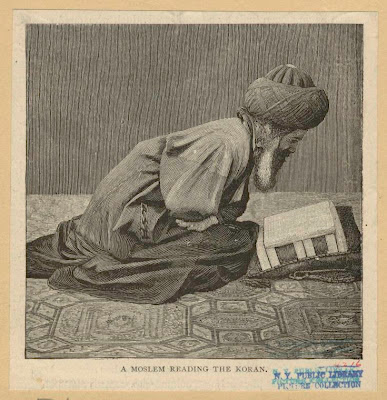The Sign of Contradiction
To be or not to be ... a Christian. That is the question every Tolstoyan must face. Tolstoy himself asserted that he was a Christian; it was the Church that had left Christ. Like so many of Tolstoy's arguments, this one was both perfectly sound and, at the same time, unwinnable.
It is a simple fact of religious history that, several generations after Rabbi Jesus had passed on, a significant proportion of the leadership of the movement he had founded chose to make Jesus himself the focus of its worshipful attentions, rather than implement the message that he had brought. On the fringes of the Christian community, in various times and places, groups of thoughtful individuals have admitted to themselves that this is, in fact, what happened, but they have never been able to move their views from the margins of the tradition to the center and, often, their fate has been one of exclusion or expulsion as heretics--the fate of Tolstoy himself.
Paradoxically, then, despite being centered on the Sermon on the Mount, Tolstoy's teachings are not Christian teachings and, indeed, their appeal has been most noticeable among non-Christians (Mahatma Gandhi, 'Abdul Ghaffar Khan, Hermann Kallenbach). Martin Luther King, Jr., does not appear to have read Tolstoy--or he was reluctant to credit his turn to non-violence to Tolstoy but, rather, credited it to the Tolstoyan Gandhi. This is an interesting issue in itself, but not one that is relevant to the present post.
In any case, this paradox--though seeming to present Tolstoyans with a dilemma--is, in fact, good news for them: though few appear to perceive it as such. For it means that Tolstoyanism is not itself a religious tradition but, instead, is something akin to what the African-American Muslim intellectual Sherman Jackson terms "a spontaneous folk orientation at once grounded in the belief in a supernatural power outside of human history and yet uniquely focused on that power's manifesting itself in the form of interventions into the crucible" of systemic violence that we, in the West, privilege as "civilization" (Jackson, Islam and the Blackamerican, Oxford: 2005, 31-32).
For Jackson, the "supernatural power outside of human history" is "neither specifically Jesus, Yaweh [sic], nor Allah but an abstract category into which any and all of these can be fit" (ibid). For Tolstoy, on the other hand, there is nothing abstract about this category at all--indeed, he would probably have denied that there is anything "supernatural" about it either. Instead, in his view, this trans-historical power is perfectly natural and concrete: it is life itself. Consequently, one need not even be a theist to be a Tolstoyan; one need only value life and oppose violence as antithetical to life.
Jackson wraps his professed Sunnism around his "spontaneous folk orientation" (which he terms, somewhat misleadingly, "Black Religion"--misleading because he denies it is a distinct religious tradition) and, in so doing, offers an instructive example to the Tolstoyan. As a Tolstoyan, one is free to be a theist, an agnostic, or an atheist. Moreover, one is free to belong to any religious community that will have him or her. But one is not free to cooperate with the violent status quo.
Quixotically, the Tolstoyan contradicts the very root of "civilized" life on this planet: the assumption that violence is necessary or, at the very least, unavoidable. If a Tolstoyan is a Christian, or chooses to continue as one after embracing Tolstoy's teachings, s/he must be prepared to accept the fact that life as a Tolstoyan Christian is necessarily a life of religious contradiction in addition to being a life of civilizational contradiction.
Indeed, contradiction is the sign under which every Tolstoyan is born.




0 Comments:
Post a Comment
<< Home